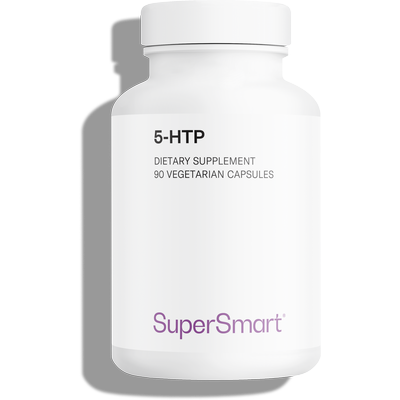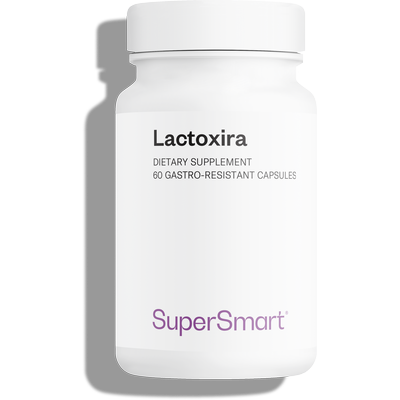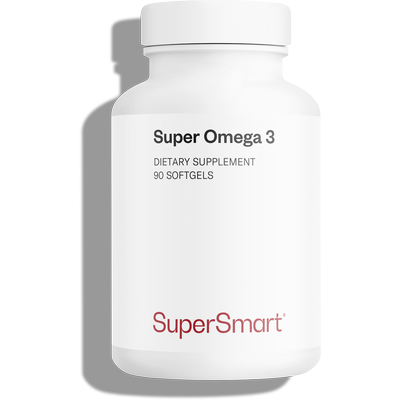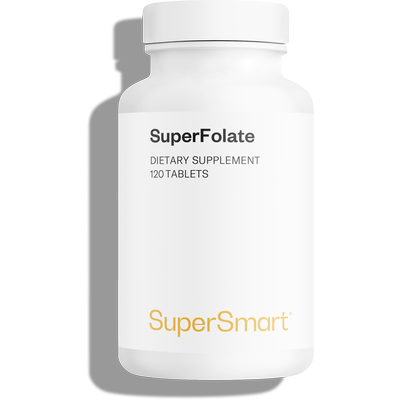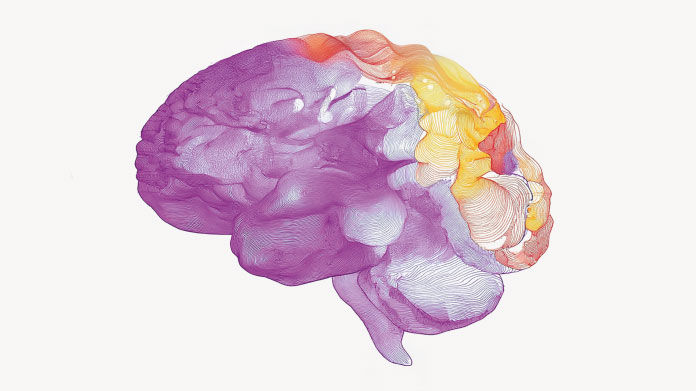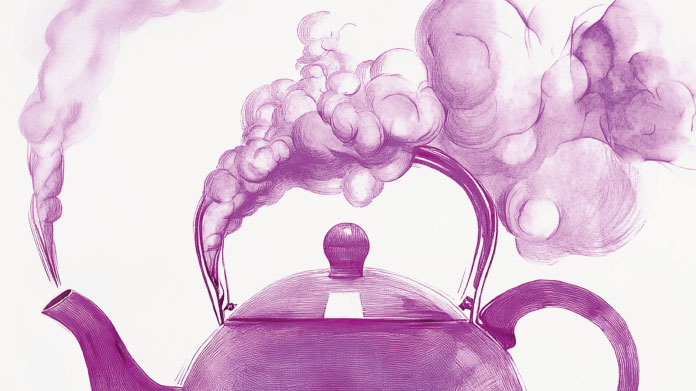Are there probiotics that can help with depression?
Rates of depression have been growing for some years, particularly among young adults. Treatment approaches are complex but new therapeutic perspectives are emerging around probiotics which are reportedly able to influence the central nervous system…
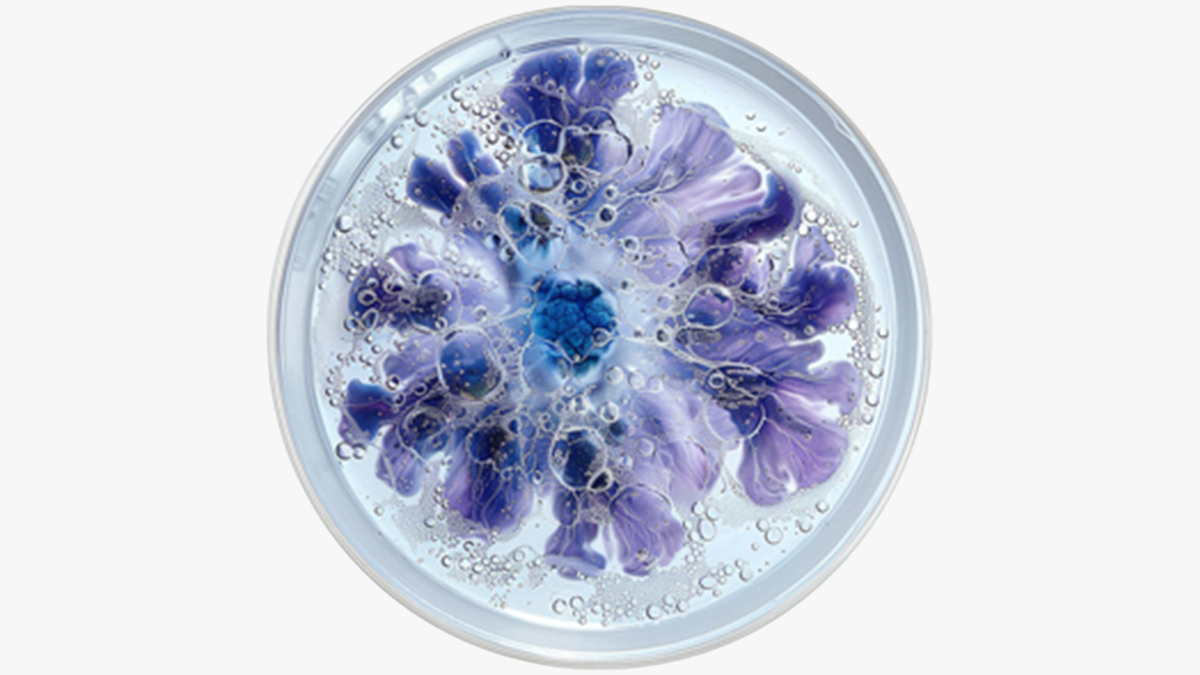
Depression and depressive disorders: a question of chemical balance in the brain
Throughout life, we are all destined to go through bad patches, characterised by sadness, apathy or melancholy, without actually suffering from depression. This is more commonly referred to as low mood.
Genuine depression is different - it is a recognised mental illness. To be diagnosed with depression, an individual will have typically suffered mood problems serious enough to cause significant disruption to social life and major personal suffering every day for at least two weeks, with at least four of the following accompanying symptoms:
- depressed mood associated with deep emotional pain and loss of self-esteem;
- loss of interest and enjoyment from daily activities, even those previously considered pleasurable;
- the feeling that life is not worth living;
- recurrent feelings of anxiety;
- psychomotor retardation;
- general fatigue, especially on waking in the morning;
- loss of appetite;
- sleep problems, often involving insomnia in the second half of the night and premature waking;
- attention, concentration and memory problems.
In such problems, brain function is clearly disrupted: there are abnormalities in the production and function of neurotransmitters. This is particularly so with serotonin (zest for life), dopamine (pursuit of pleasure), GABA (‘switching off’) and noradrenaline (desire to move forward), all of which have a positive effect on mood.
That’s why doctors often prescribe drugs capable of rebalancing brain chemistry, particularly anti-depressants that can increase levels of these neurotransmitters (such as selective serotonin reuptake inhibitors (SSRIs) which block reuptake of the neurotransmitter by nerve cells, thus increasing the amount of available serotonin).
Probiotics for restoring levels of certain neurotransmitters and improving mood?
Probiotics are microorganisms present in certain fermented foods which have a beneficial effect on our gut microbiota, the huge collection of microbes that colonise our intestines. Unlike the bacteria that make up this microbiota, probiotics are not permanently implanted in the digestive tract. Their effects are thus temporary, but they are nonetheless indisputable: thousands of studies conducted over the past 20 years have demonstrated the contribution they make to the balance of the gut microbiota. In short, they drive out unwelcome pathogenic bacteria and encourage the return and proliferation of beneficial bacteria, the kind that have lived in symbiosis with mankind for thousands of years.
This rebalancing naturally has positive consequences for digestive function, but less predictably, it has been scientifically shown to have potential benefits for mental health too, especially mood. In fact, microorganisms in the gut are not only able to produce neurotransmitters identical in all respects to those produced in the brain, but they also transport them there via the vagus nerve which runs from the brain to the abdomen. This is how our microbes are thought to constantly interact with the brain, by exchanging various signals. Several strains of Lactobacilli and Bifidobacteria secrete GABA, while other bacterial species produce serotonin (1). Some studies have even shown that the use of probiotic strains capable of producing these neurotransmitters has a real effect on levels of these same neurotransmitters 50cm higher up, in the frontal cortex.
A second mechanism of action may explain the benefits of these specific probiotics, rechristened psychobiotics, on mood: their ability to indirectly normalise inflammation levels. How do they do this? By strengthening the intestinal barrier, thus making it harder for pathogenic bacteria to breach it (2) and ultimately, by reducing the number of inflammatory cytokines and harmful substances circulating in the body. Inflammatory markers are abnormally high in depressed individuals (3-5).
Probiotics and other supplements of interest for depression and mental health in general
It’s worth noting that there are already synergistic formulations containing some of the probiotic strains discussed in the above-mentioned studies. The cutting-edge supplement Lactoxira has been specially formulated to reflect the latest discoveries relating to the gut-brain axis. It can be helpful in tackling episodes of the blues and negative mood, as can other, more classic supplements.
In terms of other supplements, omega-3 fatty acids (such as SuperSmart’s Super Omega 3), play a role in the fluidity of brain cell membranes and influence neurotransmitter levels. One form of omega-3, DHA, is thus recognised for helping to maintain healthy brain function (6).
The B group vitamins, especially folic acid, are also worth considering. They play an important role in the synthesis of mood-influencing neurotransmitters (including serotonin).
Last but not least, there’s 5-HTP, a popular serotonin precursor, typically extracted from the seeds of the African plant Griffonia simplicifolia.
Of course, if you’re considering taking supplements in the context of low mood or depression, you should feel free to consult a health professional first.
SUPERSMART ADVICE
References
- Dinan TG, Stanton C, Cryan JF (2013) Psychobiotics: a novel class of psychotropic. Biol Psychiatry 74(10):720–726
- Maes M, Kubera M, Leunis JC et al (2013) In depression, bacterial translocation may drive inflammatory responses, oxidative and nitrosative stress (O&NS), and autoimmune responses directed against O&NS-damaged neoepitopes. Acta Psychiatr Scand 127(5):344–354
- Wium-Andersen MK, Ørsted DD, Nielsen SF, et al: Elevated C-reactive protein levels, psychological distress, and depression in 73,131 individuals. JAMA Psychiatry 2013; 70:176–184
- Cepeda MS, Makadia R: Depression is associated with high levels of C reactive protein and low levels of exhaled nitric oxide: results from the 2007–2012 National Health and Nutrition Examination Surveys. J Clin Psychiatry (Epub ahead of print, June 21, 2016)
- Berk M, Williams LJ, Jacka FN, et al: So depression is an inflammatory disease, but where does the inflammation come from? BMC Med 2013; 11:200
- Hibbeln JR. Fish consumption and major depression. Lancet. 1998;351(9110):1213. Lettre; Texte intégral
Keywords
1 Days
Trustworthy company with tested products
Trustworthy company with tested products
Trusted
5 Days
Efficiency and speed
Efficiency and speed
Cuccie
7 Days
GOOD BRAND IN FOOD COMPLEMENTS
GOOD BRAND IN FOOD COMPLEMENTS - SERIOUS WITH GOOD DOCUMENTS AND DETAILS SCIENTIST. AND SERIOUS HONNEST COMMERZIALISATION. I HAVE TRUST IN THEIR PRODUCTS.
FENOGLIO Guy
8 Days
Very good experience
Very good experience, the products arrived in time, in perfect condition and are good quality. Thank you.
GABI TIRCOCI
14 Days
very good expereince
very good expereince
Jelena Đaković
14 Days
Very good products.
Very good products.
Agnes BENDSAK
16 Days
Just OK
Just OK, ordering from company for many years and being safisfied
Lynn Mae
16 Days
Recomendo
Produtos encomendados são recebidos atempadamente e de acordo com o anunciado! Muito satisfeita!
Carla Sofia
17 Days
Everything is great!
Everything is great!
Jonas
22 Days
The delivery was fast and the product…
The delivery was fast and the product is great
SOMMARIVA Gianni
23 Days
Great service and lots of information
Great service and lots of information
Gabi
26 Days
Service Satisfaction
I’m satisfied with the service; it fulfilled what it set out to do.
Anfhony Abreu
29 Days
Original product and fast delivery
Original product and fast delivery. I haven't started it yet, but will do soon.
Vincenza Catania
32 Days
Good quality
Good quality. Good service.
Leonel Guzman
34 Days
Top!!!!!!!!
Top!!!!!!!!
Michael
of experience
your money back
##montant## purchase


